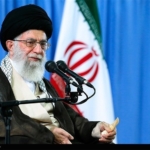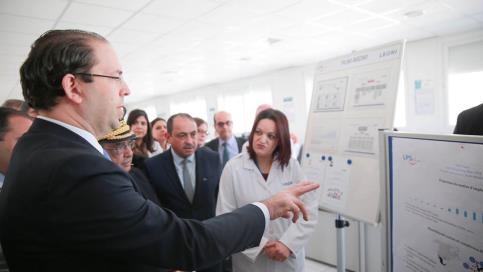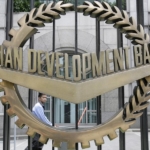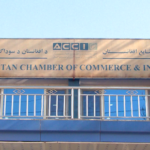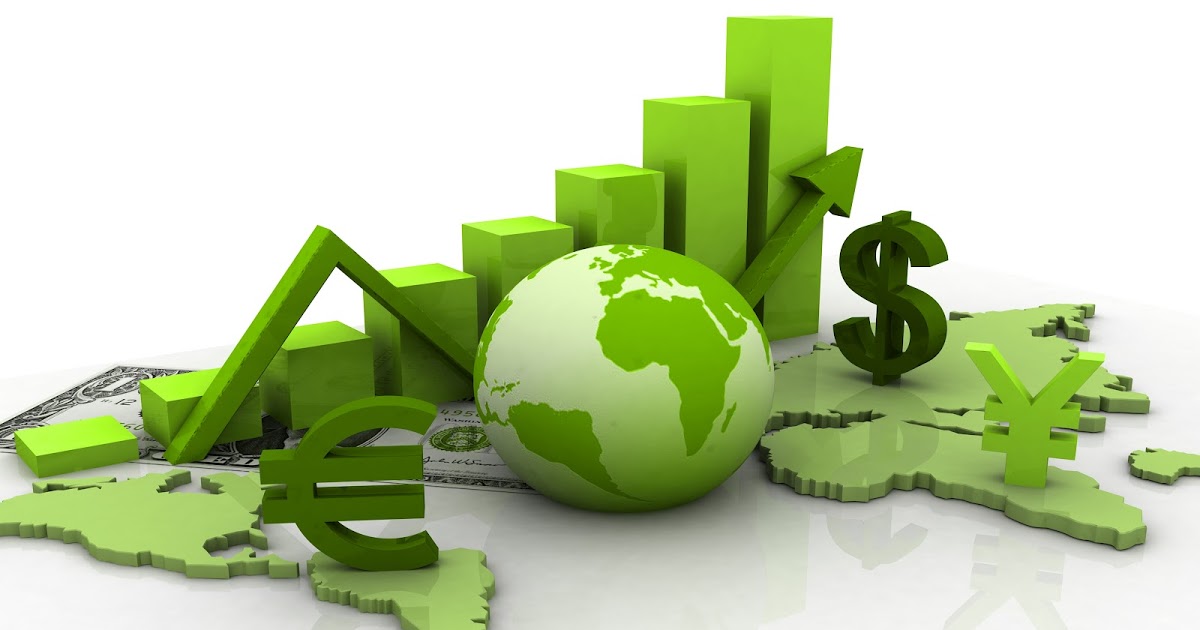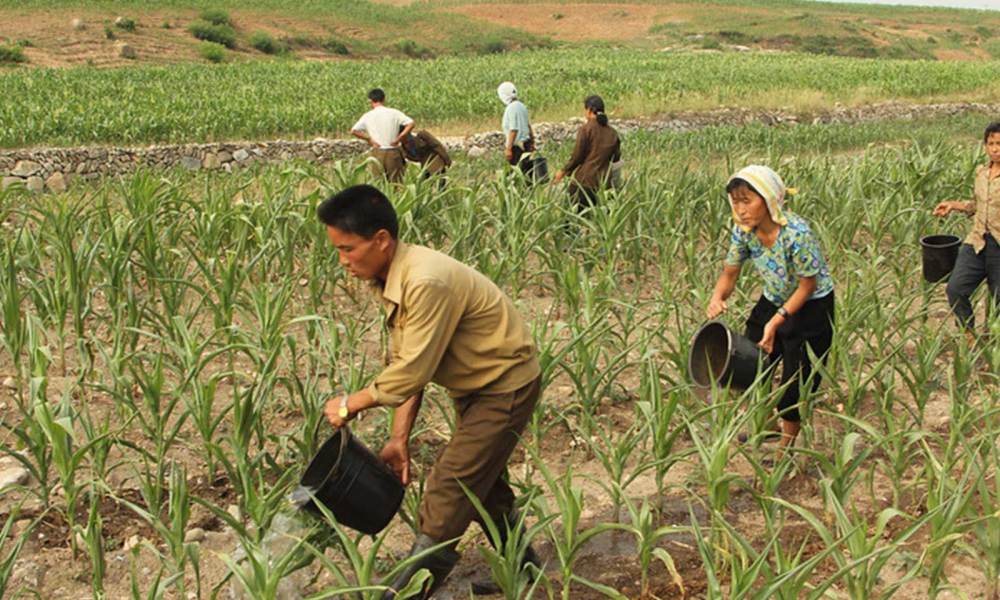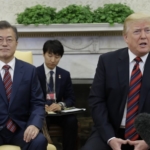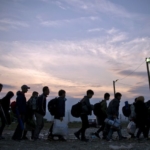Spain will respond with “proportionality and reciprocity to Venezuela”

The Spanish Foreign Minister, Alfonso Dastis, announced that Spain will respond ” with proportionality and reciprocity”, after Venezuela declared as persona non grata the Spanish ambassador in Caracas, Jesús Silva Fernández. The statements were made in the Swiss city of Davos, where Dastis attends the World Economic Forum. The head of Spanish diplomacy rejected accusations of “interference” proffered by the Venezuelan government, since the only thing that Spain has done since the beginning is “help the process” of negotiations between government and opposition, reported Efe.










